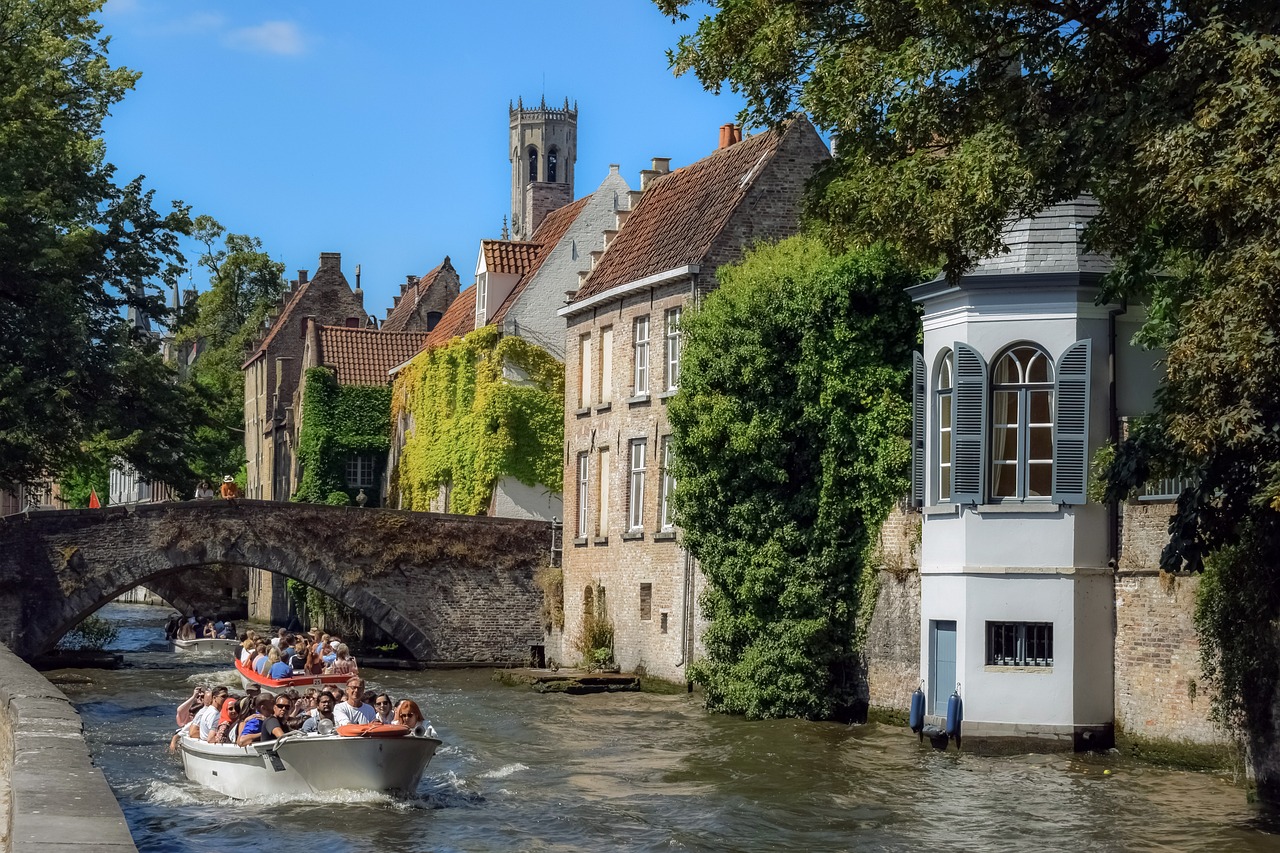Groundbreaking research into an equitable tourism model
CELTH, together with partner colleges and professional partners, is working on a roadmap to help destinations with the fair distribution of tourism-generated benefits. DMOs worldwide are being called on to provide cases of good practices for this groundbreaking study.
According to project leader Bernadett Papp, there is a lot of knowledge about the economic, social, cultural, and environmental benefits of tourism. “In this project, we are particularly interested in how these benefits are distributed in the local community. With this study, we focus on identifying good practices that foster the just, fair, and equitable distribution of the benefits of tourism for the local population and local businesses.” The researchers also look at the use of resources. As is known, tourism is a resource-intensive sector, therefore the fair distribution of environmental burdens and the use of environmental resources for tourism development is a central issue when it comes to equity and fairness.
The researchers hope to identify good practices in five main categories. Bernadett: “We are interested in the distribution of the economic benefits. For instance, who benefits economically from tourism activities at the destination? Where do the proceeds end up and are they re-invested into the local community? Secondly, we consider ecological aspects where we look at the use of environmental resources. A third aspect concerns spatial equity linked to, for example, proximity and fair access to attractions/amenities/public space f. Fourth, we consider cultural equity and the representation of previously underrepresented segments of society in tourism policy and the destination offer. And finally, social equity in which we focus on participatory decision-making processes in the destination.”
Global survey among DMOs
The research consists of desk research, focus groups, interviews, and a worldwide online survey. “To this end, we have developed an online questionnaire where we ask DMOs around the world, to provide examples of interventions that they have implemented in the past around equity and the fair distribution of the benefits of tourism.”
You can participate in the survey through this link: https://forms.gle/42Snt91ra2Cmp7ps6
“We hope to collect as much input as possible. We will then review these submissions and investigate 10 to 15 cases in more detail. We want to dive deep into mechanisms and interventions. Is there evidence that they promoted equity? What evidence is there? What were the enablers/barriers for improving equitable outcomes? Which stakeholders were involved? Etc.”
Towards an Equitable Tourism Model (ETM) and Roadmap
The product that this study should deliver is mainly for DMOs and similar organisations. “We want to understand the state of the debate around equity in tourism development. We also want to find out what challenges DMOs face in distributing the benefits of tourism within the community and what potential they hold for improving current practices. I see that in the equity debate, a lot of attention is paid to gender equity in the labor market, but the equity debate is much broader than that.”
All this should lead to a Roadmap that can help to pave the way towards a more equitable tourism sector. “The roadmap must become a practical instrument with mechanisms and interventions around the five types of equity including examples from the case studies.”
Declaration for Equitable Tourism
Bernadett hopes that this report, like 'Envisioning Tourism 2030 and Beyond', will be embraced by the tourism sector. “I hope that the sector will endorse the conclusions and recommendations of the report and will act on them. My goal is to deepen the conversation around equity, justice, and fairness, unite stakeholders from academia, industry, and the public sector behind a shared vision for a more equitable tourism model, and perhaps even sign a declaration, one similar to the Glasgow Declaration on Climate Action in Tourism.”
Partners
Partners in the project are NHL Stenden, European Tourism Futures Institute, Breda University of Applied Sciences, HZ University of Applied Sciences, The Travel Foundation, Netherlands Bureau for Tourism and Congresses, Destination Think, and Goteborg & Co.



